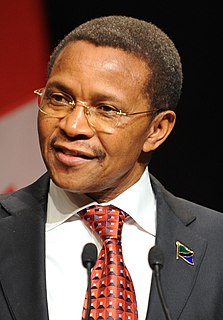A Quote by Robert Dallek
The greatest presidents have been those who demonstrated astute judgment in times of crisis - often despite the advice they were getting.
Related Quotes
Despite my mentors advice that I would never go to heaven fishing with a weighted nymph and a float, I took it up. (As an aside, it is now amazing to me how much of the advice from my elders in those days has not come true. I have not gone blind or deaf, despite some early teen advice to the contrary. The only time I was ever involved in a car accident, I was taken to hospital, but no one seemed to take the slightest bit of notice as to whether I had on clean underwear or not. I have, as yet, been unable to test the nymph and heaven advice.)
Discussions of the economy, especially during times of crisis, are often framed in terms of lessons we supposedly learned during the Depression of the 1930s. If we are not to endure terrible times like those again, we are told, we must support whatever form of state intervention is currently being peddled.
I engaged in behavior which was regrettable and demonstrated bad judgment. I'm 23 years old and despite the successes I've had in the pool, I acted in a youthful and inappropriate way, not in a manner people have come to expect from me. For this, I am sorry. I promise my fans and the public it will not happen again.







































